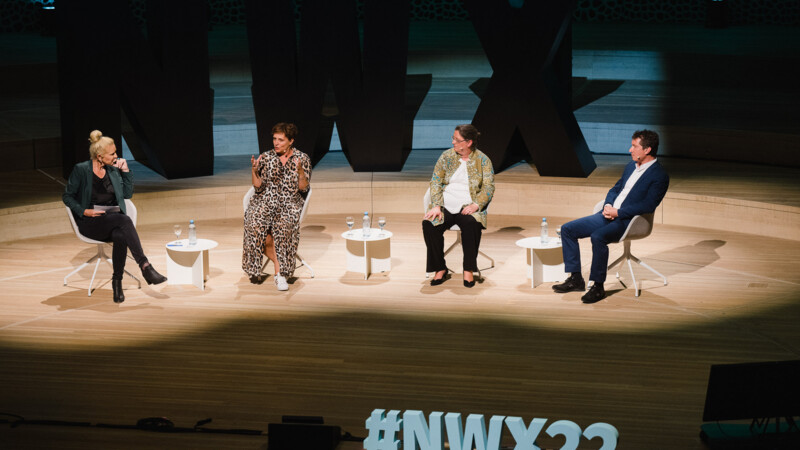Knowhere is among a handful of companies preparing to switch from 40 hours to a 32-hour, four-day work week from August. Then, the team behind the AI chatbot, moinAI, will work from Mondays to Thursdays and still earn the same salaries, said Patrick Zimmermann, CEO. "The 40-hour week or five-day week is an outdated model. Increased digitalisation and automated processes allow us to achieve the same goals in fewer hours per week." The key to the switch lies in attracting talented people and raising employee satisfaction, Zimmermann pointed out, adding: "Naturally, we also hope to bind our employees closer to us in the highly competitive labour market and to pioneer a work culture with the unique selling point of the four-day week."
More and more employees and especially jobseekers are embracing flexible working models in the wake of the pandemic. The four-day week is a hot topic with proponents arguing that longer weekends boost productivity and motivation. But is the switch to three free workdays per week realistic?
Knowhere offering four-day week
Four-day week gaining momentum across Europe
Earlier in February, Belgium reformed the traditional 40-hour week for full-time employees and gave them the option of an extra day off. However, that does not go hand in a hand with a reduction in working hours. Employees keen on a four-day work week now have to work ten hours a day to reach 40-hours. Meanwhile, a pilot project in Britain through September 2022 is highlighting an alternative. Around 70 companies and over 3,300 employees are currently testing a four-day, 32-hour working week with the same pay. Farther north in Iceland, employees who worked 36 hours per week over a five-year test period have proven just as productive as full-time employees. Participants were also more content and less stressed, a survey published in June 2021 found.
Germans in favour of four-day week
Although the four-day work week remains the exception in German companies, some 71 per cent of employees in Germany would like to see Belgium’s four-day working model adopted nationwide, a Forsa survey commissioned by the broadcasters RTL and ntv in February 2022 has found. However, working models that actually reduce working hours but retain the same pay levels are likelier to meet with even more approval.
tn/sb/pb

Sources and further information
More
Similar articles

Women keen on flexible working, Xing study finds

Corporate culture more important for employees, Xing survey finds

NWX 2022: "Cultural change is tomorrow's turnover"
